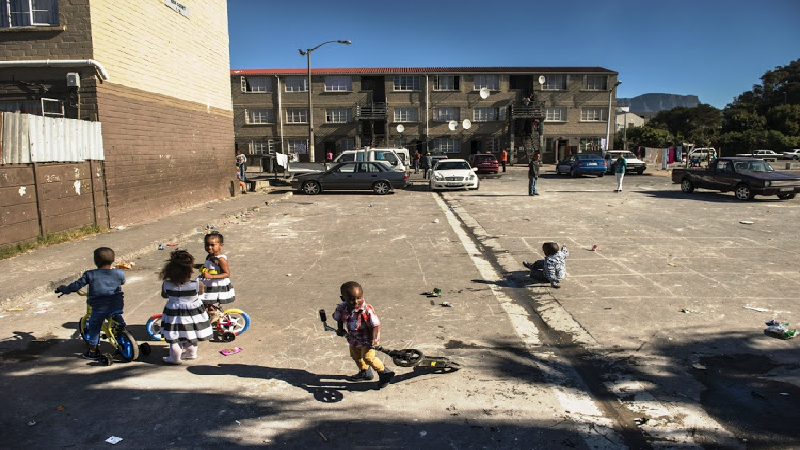Gang violence has re-surged over the Cape flats following the move from alert level 4 to alert level 3 of the hard lockdown put in place by the state to curb the spread of coronavirus in the country. However, there are speculations that the spike can be attributed to the release of petty-crime prisoners from jails into society in a bid to stop the spread of the disease within correctional facilitates.
But, Senior policing and conflict analyst, Eldred de Klerk said this cannot yet be determined.
“We don’t have enough information to make a well-versed decision. The only time we would be able to say any differently is if any of the low risk inmates were involved in the recent spate of gang violence. Which we can no give a definitive answer yet,” stated de Klerk.
Another claim circulating is the fire amnesty period prompted by the Minister of Police, General Bheki Cele, which commenced on December 1, 2019, and ended on May 31, 2020 could be the reason for the illegal and corrupt use of firearms on the Cape flats.
“These are speculations. We know what kind of firearms were used but we can’t say whether it is an illegal firearm or whether it’s a commissioned firearm,” said de Klerk.
However, de Klerk indicated that the move from level 4 to level 3 could have allowed gangsters to reconfigure.
“We had a ceasefire during the initial hard lockdown period because gangs themselves were a bit skeptical because the lockdown brought increased police, more army surveillance. There drug supply line was disrupted, any revenge killings could not be executed. There was significant disruption to gang activity during that time,” said de Klerk.
“So now after that period, what you see is a heightened spike, The one thing we do know about organized criminality is that they’re agile, they have a very small decision making window, they learn from the environment and they adapt accordingly. Gangs are a lot more flexible than we are and they certainly do not play by the same rules,” continued de Klerk.
De klerk suggested that drug lords were able to operate throughout the lockdown solely because they had adequately prepared.
“What they did do is stockpile but the key drug during this time has been cigarettes and alcohol and that is what they had in surplus and that’s why we saw several incidents of liquor stores being looted and we are being fed this narrative that trade of illicit cigarettes has spiked, it hasn’t it’s always been there it’s always been under the cover of general cigarettes,” commented de Klerk.
De Klerk ended by saying the coronavirus has highlighted the inequalities that are hidden in plain sight.
“Covid-19 has made a spectacle of the disparities among our people. Most cannot get access to clean drinking water, affordable healthcare, proper sanitation,” said de Klerk.
“The reality is there are a lot of little cities in one. There is the inner-city, the Atlantic seaboard, there’s the West coast and then there’s the Cape Flats and I can tell you the Cape Flats is not a nice place for anybody to stay in but it is okay for our essential workers to come from and leave their homes before the sun is up and sit squashed like a sardine in a taxi filled to its capacity all to get paid a measly wage and put their lives at risk, for who?” asked de Klerk.
VOC






 WhatsApp us
WhatsApp us 

